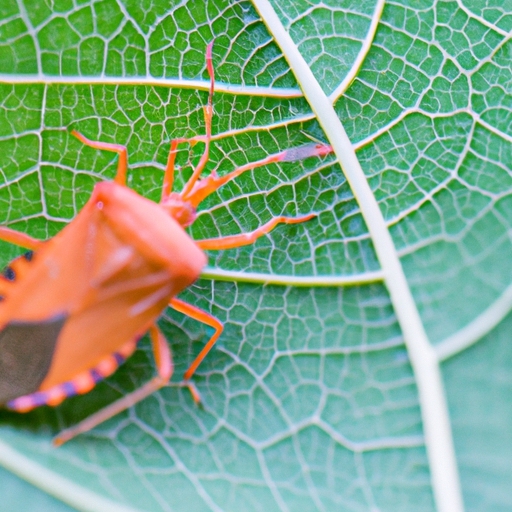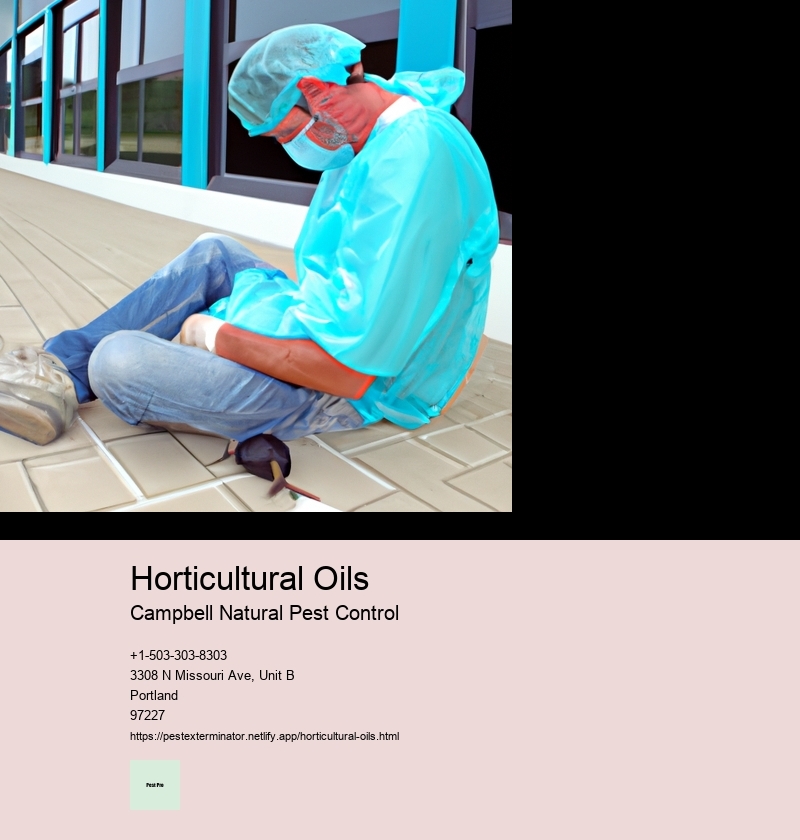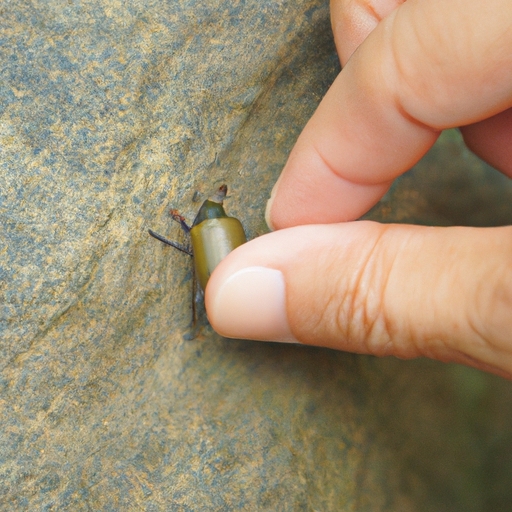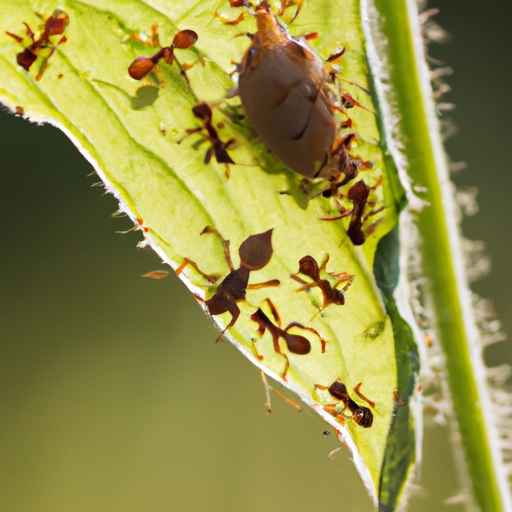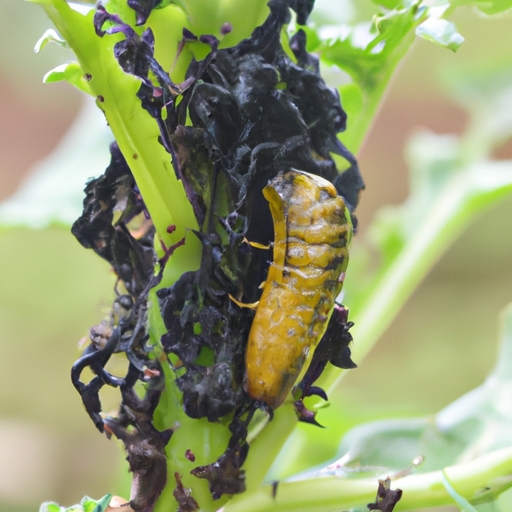Horticultural Oils
natural gardening traps
Horticultural oils (sometimes referred to as "hort oil") are a type of pesticide used for controlling pests in gardens and landscapes! It is made up of refined petroleum or vegetable oils that are mixed with other chemicals to make them more effective. It works by smothering and suffocating the eggs, larvae, nymphs, and adults of various insects.
However, it is important to note that horticultural oils have many advantages over other types of pesticides. For one thing, they do not leave any residue on plants after they have been applied. As such, they can be applied directly to foliage without fear of damaging the plant's leaves or stems. Furthermore, horticultural oils are also less likely to cause injury or death to beneficial insects like bees than some other types of pesticides.
Moreover, horticultural oils typically have lower toxicity levels than many chemical pesticides. This means that they are usually safer for humans and animals if accidentally ingested or touched. Additionally, because these products break down quickly in sunlight and water, there is no need for extensive clean-up after their application – making them quite convenient!
Horticultural Oils - humane pest control
- non-chemical pest control
- chemical free
- chemical-free pest control
